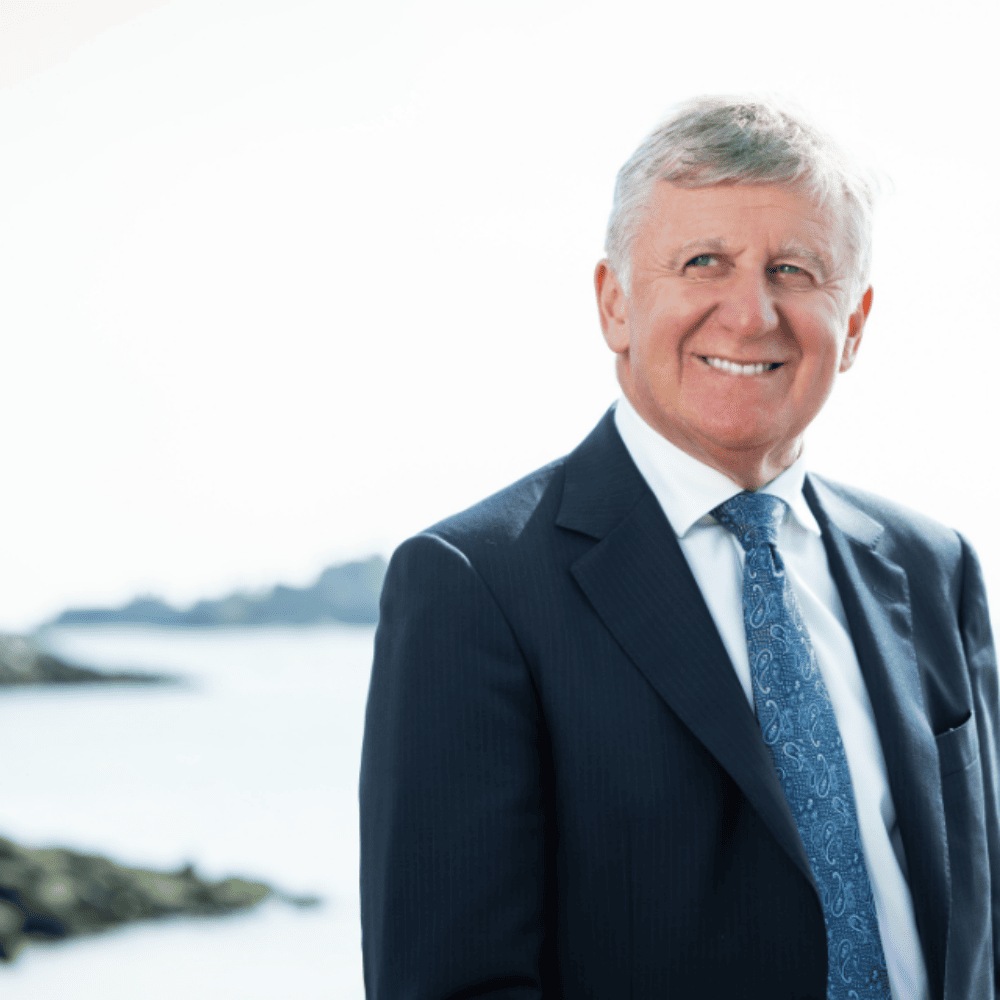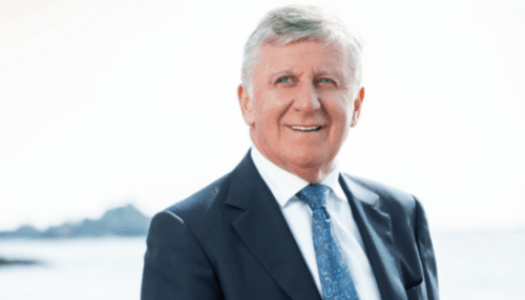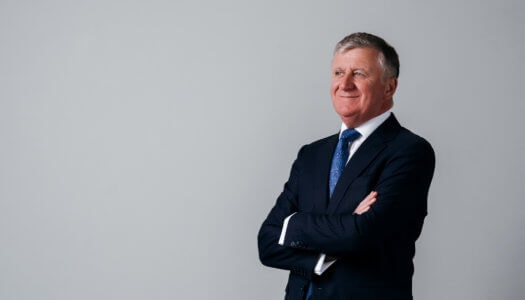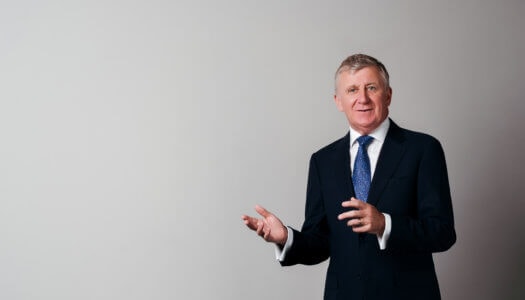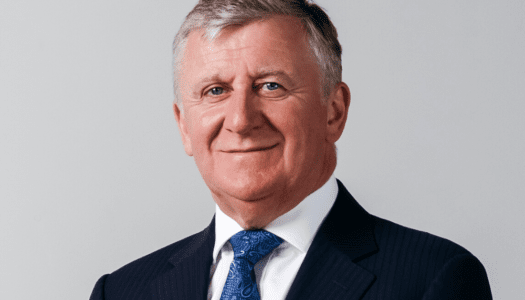Our private wealth conference in London highlighted how private investors and families are increasingly making sustainability a core part of their legacy planning, conscious of the need for private capital to plug a gap in funding to meet global net zero goals.
And we were delighted to celebrate and recognise those individuals who are championing best practice and driving innovation in the sustainable finance space at our recent Sustainable Finance Awards, held earlier this month. The event shone a light on just how much firms are doing in Jersey to really make progress in this space.
But progress never comes easy.
In recent months, we’ve seen political pushback both in the US and the UK on previously made net zero commitments, against the backdrop of a cost of living crisis; we’ve seen a growing number of financial institutions being called out for misleading green-labelling and greenwashing; and we’ve seen confusion around the different disclosure and reporting regimes as they have evolved at varying paces in the US, EU and UK.
Sometimes, living and working in a beautiful environment in Jersey, it is difficult to appreciate just how critical climate change, nature risk and biodiversity is.
But our recent attendance at the UN’s Financial Centres for Sustainability (FC4S) AGM highlighted some important home truths. The reality is that nature is in trouble – vertebrates, for instance, have declined by 69% since 1970. That’s staggering, and it’s just one way in which natural ecosystems are changing, at pace.
Our planet is fragile, and the ‘inconvenient truth’ is that if we don’t look after it, in the not-too-distant future we won’t have a natural environment to work in and enjoy, in Jersey or elsewhere.

The WEF also, for instance, estimates that sustainable finance in the round presents an opportunity worth some US$10 trillion that could provide 395 million jobs globally. More specifically, the ‘Nature Capital’ space is forecast to grow to US$438 billion by 2030. That includes projects in areas such as vertical and regenerative farming and alternative meat.
It’s vital that, as a responsible and forward-thinking international finance centre (IFC), we don’t shy away from the challenges posed in this space; but rather we embrace them and seek to support positive change.
In fact, this year we have undertaken our second assessment programme, through the FC4S, to help us benchmark our enabling environment for sustainable finance, in line with the UN’s Sustainable Development Goals (SDGs). The results are helping us to focus on where we should be enhancing our efforts over the coming years.
And we need to maintain that momentum – the SDGs provide a massive opportunity and a fantastic framework of guiding principles, but in some areas those SDGs are falling way off their 2030 target.
So what are the challenges and what can Jersey’s
role be?
Overall, there are two key issues at play – collaboration and capacity.
On collaboration, what’s clear is that there is no one investor group or country that is going to ‘solve’ our sustainability issues on their own. It is going to take a collaborative effort – and in fact the SDGs themselves talk about ‘global partnership’.
And actually this is what IFCs like Jersey do so well. They are the links and the glue between different systems. Looking forward, we are going to need to see more cooperation and sharing across borders, across industries and across the public-private divide if we are collectively to realise our aims. There is a big opportunity for IFCs to play a role in that.
Jersey Finance, for instance, is currently working on and supporting an ‘investor match-making’ project which aims to introduce investor capital to opportunities through a UN investor pipeline, targeting projects that specifically address the SDGs.
When it comes to capacity, the world of sustainable finance is moving so quickly and it can be incredibly complex. Terminology is a case in point. The fact that we talk more about the SDGs more, and less about ESG investment, for instance. Then there are the reporting and disclosure requirements – they differ across boundaries, and they are constantly evolving. We are also seeing the emergence of new concepts such as nature risk and biodiversity finance.
These represent a massive opportunity – but it’s easy to see how investors and firms can be overwhelmed.
This is another area where as an IFC we will need to focus. Education is going to be critical as we look to upskill and build capacity in this space. Expertise has long been the lifeblood of IFCs and there is no doubting that more needs to be done, and quickly, if we are to play a meaningful role in enabling the SDGs to be met. It’s why we continue to champion a long-term skills program, to support significant numbers of our local workforce to gain expertise in this area.
With COP28 on the horizon, right now presents another opportunity to really reflect on where we are in terms of our collective sustainability aims and capabilities.
For its part, Jersey absolutely continues to take strides to play its part, driven by the objectives set out through the SDGs – and collaboration and capacity building are core to our efforts.
Sustainable Finance in Jersey
Discover more about how Jersey, as a leading international finance centre, is leveraging its expertise and capital to support the transition to a more environmentally and socially sustainable global economy.
